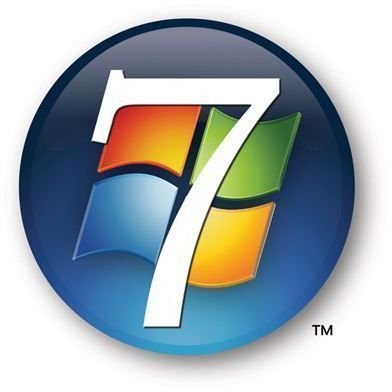Windows 7 64 bit Compatibility Issues: What to Know Before Making the Leap
Most users don’t realize that there are actually two specific variants of Windows, the 32-bit and 64-bit variants, and that these have existed since Windows XP. This information only becomes apparent once you start to think about upgrading or you begin to look at a computer that becomes pre-installed with a 64-bit operating system.
In the early days of Windows XP 64-bit there were a huge number of compatibility issues that crippled the operating system for many users. Over the years Microsoft has worked hard to solve these problems and has made substantial progress. However, there are still a few compatibility issues to worry about. Let’s take a look at them.
Hardware Compatibility
If you are thinking about upgrading your current computer to a 64-bit version of Windows you need to determine if your processor is compatible. The first 64-bit processor for consumers was the Athlon 64, released in 2003.
Here is a parital list of processors that are 64-bit compatible.
- AMD Athlon 64
- AMD Athlon Neo
- AMD Athlon Neo X2
- AMD Athlon X2
- AMD Athlon II X2/X3/X4
- AMD Phenom X3/X4
- AMD Phenom II X3/4
- AMD Sempron (2005 or later)
- AMD Opteron
- Intel Pentium 4F (in second half of 2004 or later)
- Intel Pentium D
- Intel Pentium Extreme Edition
- Intel Core 2
- Intel Pentium Dual Core
- Intel Celeron/Celeron M (2007 or later)
- Intel Core i3/i5/7
- Intel Xeon (2004 or later)
Software Compatibility
32-bit and 64-bit operating systems address memory in fundamentally different ways. This means that a program that is coded only for 32-bit may not work when you are using a 64-bit operating system. The program will simply refuse to launch, usually displaying an error message about a memory fault or, in some cases, a message that simply states the program is not 64-bit compatible.
64-bit operating systems are becoming more mainstream, so virtually all modern software is capable of running on either a 32-bit or 64-bit version of Windows 7. Note, however, that I said modern. Older programs that were made before Windows Vista are probably not coded to work with a 64-bit operating system because the 64-bit version of XP was unpopular.
This is usually not an issue, but do think about the programs you use on a regular basis. Are any of them over five years old? Have any of them been abandoned by the developer, so they are no longer regularly updated? If so you could run into problems with compatibility.
Driver Compatibility
The final compatibility issue to worry about concerns drivers. Drivers are the essential pieces of software that control your hardware. Without drivers your hardware can’t work.
Most computer hardware, processors excluded, has no problem with 64-bit operating systems. But if a 64-bit driver does not exist you’re out of luck.
This is mostly an issue with older expansion cards for networking, sound, and etc. It also can be an issue with peripherals like printers. Check the website of the hardware manufacture to make sure they’ve released a 64-bit driver.
Conclusion
These are the main issues to worry about. There is a common theme throughout – age. If you use older hardware you are more likely to run into problems when using a 64-bit operating system, so be extra careful if your PC has started to show a few gray hairs.
